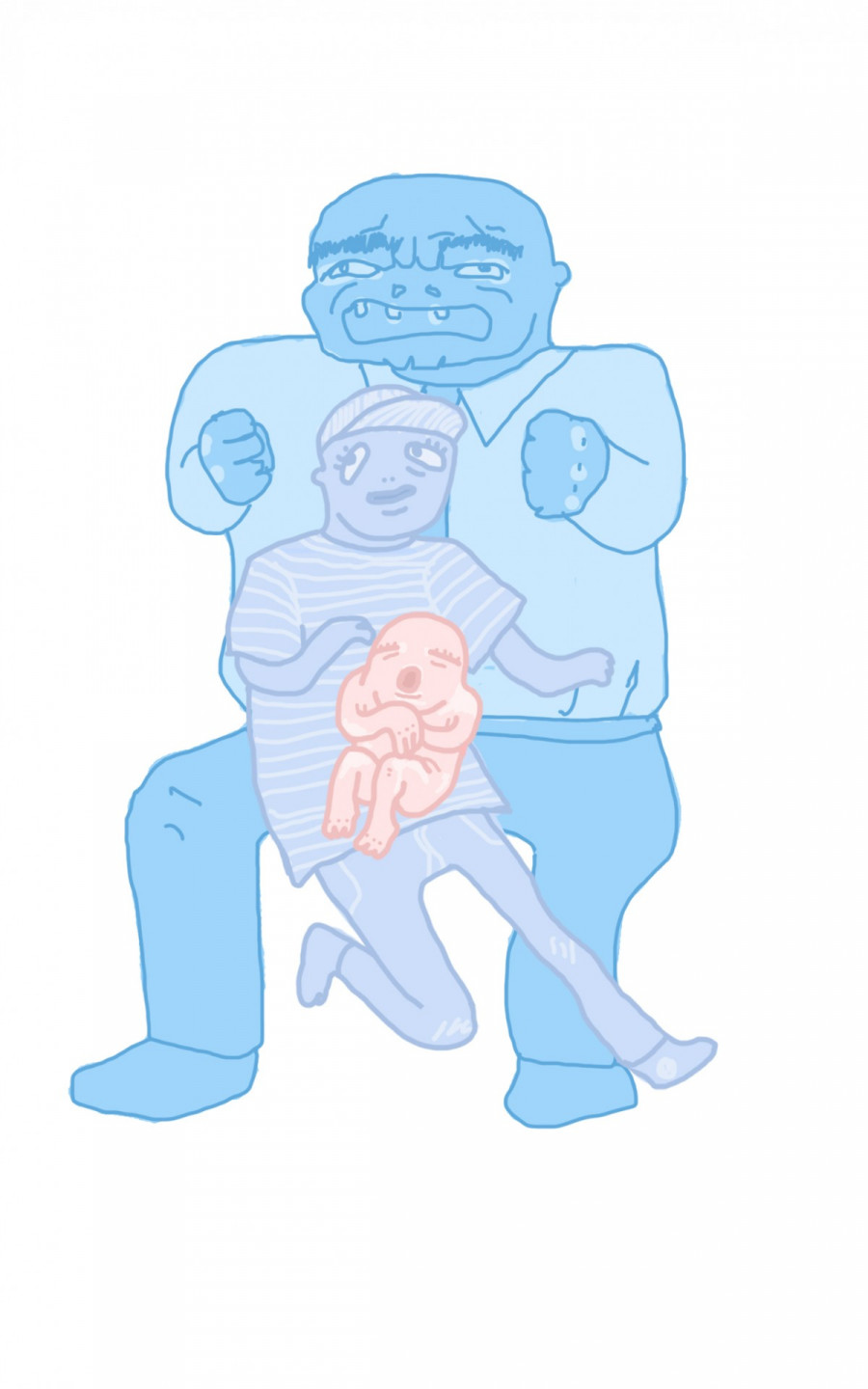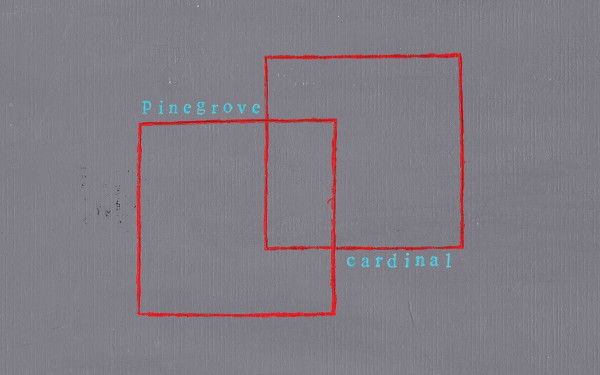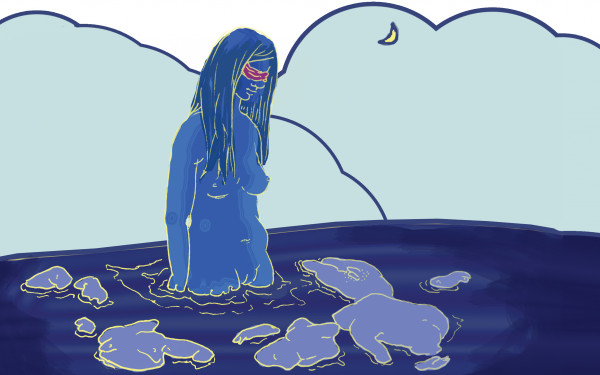Man is Machine
On Male Fragility and Rejecting the Predetermined
I think I was 12 when I realized my dad was a coward.
There were sure signs beforehand—little things that, to a child, just make up their parent.
The Parent is capitalized permanently as the most powerful force of nature in the world. For those initial years of life, these titans of relation hold sway over “normality” as defined in your world. My mom called herself my mom, my guardian, my parent and I remember her as such. My dad, though—he mostly called himself a man, and he was the first man I ever knew.
It meant a lot to him, to be a man. He shouted it frequently: “I am a man! I am a man!” Often breaking into fits of Spanish when English failed to capture the level of his perceived injustice. He was protective of his manhood, often hyper-aware of any possible slight. Around family, he was always the loudest in the room.
Dad was a Dominican man, relocated to Nueva York with his siblings early on. I don’t know much about his early life—like many first-generation immigrant children, I only got the highlights—parents divorced, rough public education, impoverished struggle and eventual triumph. I knew that he thought himself a man, and that the attitudes that defined manhood to him always stank of cowardice to me.
His manhood was fragile, easily affronted or thrown into question. He moved through the world in constant fear of indignity, which made him temperamental and quickly agitated. It was as if his standing within his own life and the lives around him was constantly in flux; that manipulation, whether through violence, assertion, contention or otherwise, was the only means of being a Man with a capital M.
His father before him navigated the same world, as did my maternal grandfather. They were all men, determined to save face through conforming to a predetermined narrative of malehood—living as cartoonish giants, all inflated ego and wounded pride, blindly following the predetermined pathways of their fathers’ idols.
It is a confusing world, to be yourself a male-bodied person, confronting the storied lineage of male fallacy. I think in some ways, the false institution that is malehood is a comfort, and it pacifies many. The superficial encouragement of malehood, to wake up and assert your will onto the world is reward enough (and the myriad of privileges for those at the top of patriarchy is certainly an idling drug) for most and many. And why shouldn’t it be? Men are raised to believe themselves the centre, the force of change, the beginning and end of justice, the ultimate agent of will, and that is a pacifying force. Sitting at the top, there’s no incentive to take a good hard look in the mirror.
That’s why I don’t talk to most of the men in my family anymore. Dedicate yourself to the insulated cult of male privilege for long enough, and suddenly you’re not interested in being questioned. My father, my grandfathers, my uncles and cousins are not interested in reflection, they are interested in deflection.
I remember all the violence.
Denying the malehood defined for me is consistently an unforgivable disappointment to the men in my life. But of course, malehood is a cycle, a self-sustaining indulgence perpetuated and insulated through violence. And of course, as a man myself, my initial vocabulary, especially during the most turbulent days of struggling with defining the precise fucked-up nature that seemed to pervade the character of every man I encountered, was one of violence. Why wouldn’t it be? It’s what I was taught.
My father was a coward, so I fought him. My grandfather was a bitter failure, so I spat in his face. The simple edges of fractured egos collided, and in those moments we were just big, stupid kids brawling for marbles.
…and in those moments we were just big, stupid kids brawling for marbles.
In attempting to deny my forefathers’ malehoods, I played into the very structures of reciprocal manipulation and self-indulgence that formed them. I was taught the part, and without realizing, played right into it.
It was easy.
Going against the grain is never the easiest option. Having the support of the large swath of family I’ve scorned would undoubtedly make my life easier (mostly fiscally), but that’s the price of ethics. And regarding ethics, there’s just no question: it is unethical.
To be a “man,” as defined by society at large, whether it be a Dominican Man from New York or a Jewish Man from Detroit, is to play into a hypocritical fallacy that is at once destructive to your Self and the world around you.
To simply “be a man” is to pacify yourself; to “be a man” is to be a coward, to play up to a system that would have you believe that you are free. But I submit that a person conforming to the role dictated by society can never be truly free, and anyone who does not recognize the chains laden on them by their society, their environment and upbringing, can never truly fulfill themselves. How can you be happy, when your happiness is dependent on the fulfillment of predetermined rules? How can you be truly content, when your entire character is so fragile as to be dependent on the acceptance and/or domination of others?
At the end of the day, I’ll always have to fight the urge to simply be the sum of my parts. It’s a constant choice that all male-identifying folk have to make: to slip into the well-worn paths of our forefathers, or to rise up. Simple as that: be the ugly reality of malehood, or reject it and do something different with your place as a male-bodied person.
I, for one, have no plans on calling my father any time soon.





_600_375_90_s_c1.jpg)
_600_375_90_s_c1.jpg)
